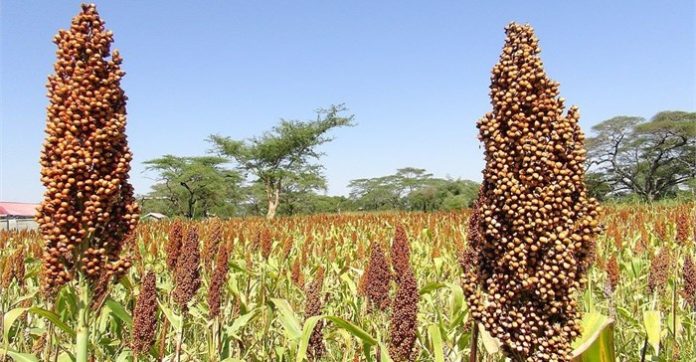The Kenya Seed Company and Kenya Plant Health Inspectorate Service (KEPHIS) have scaled up research activities of drought resistant crops to help farmers overcome challenges posed by climate change.
Kenya Seed head of sales and marketing Sammy Chepsiror said the company had released 40 maize varieties tolerant to drought, disease and striga weeds. He said more focus had been directed to research and innovations to produce fast maturing and drought resistant products for various agro-ecological zones in the country.
Chepsiror who was representing Kenya Seed managing director Fredrick Oloibe during a luncheon in Kitale said the maize varieties that had undergone five to six years in trials with better yielding capacity than the indigenous ones, had already been released to the market. He said many farmers in the region will be able to produce more despite the erratic climatic conditions.
Sustaining growth
“We are looking at faster maturing, more tolerant and disease resistant crop varieties which can be able to yield about 30 bags of maize in one acre than the indigenous types of crops which yield to 15 or so bags per acre.”
Some of varieties that Kenya Seed company has released include H528 (Ua Kayongo) and H530 and H531 (Ua Kayongo). The new developed varieties will greatly help combat Striga weed menace in Nyanza and Western regions. Other maize seed varieties include KSDV01 and WE1101 which are suitable for arid and semi-arid areas and for water insufficient areas and those prone to drought.
These varieties have rough leaf surface which enable them to regulate the amount of water lost through transpiration. They are also shorter in height making them require less amount of water to sustain their growth.
Raising an alarm over massive land sub-divisions in the country, Chepsiror said the company has expanded it’s activities to Tanzania due to enough land.
“Our target is to overcome climate change and these variety of maize can do well in dry areas which receive limited amount of rainfall in a year. We have scaled up irrigation farming to produce enough seed and also seeking more land from neighbouring countries such as Tanzania,” Chepsiror said.









